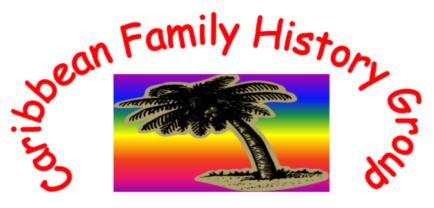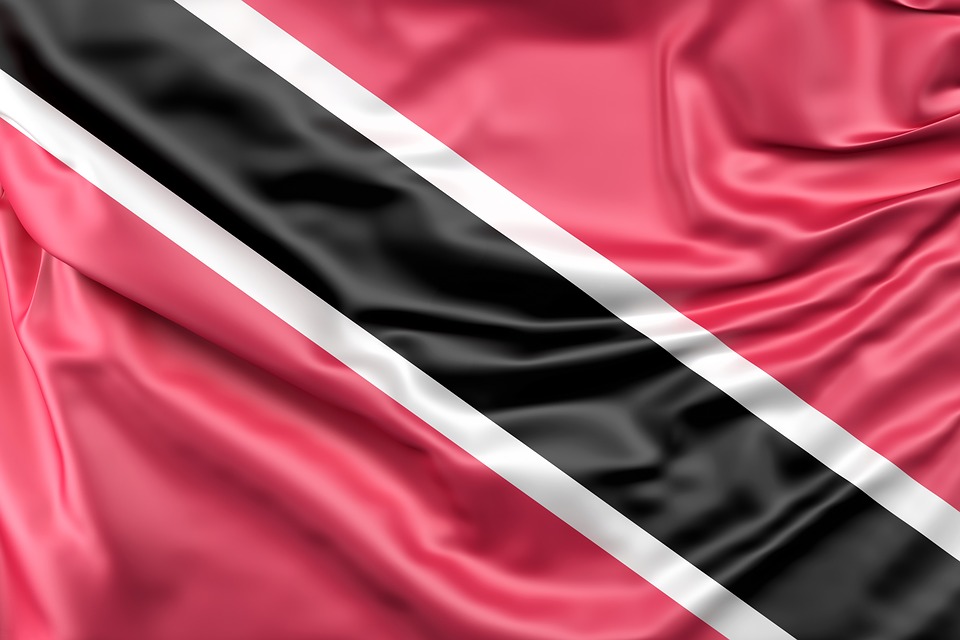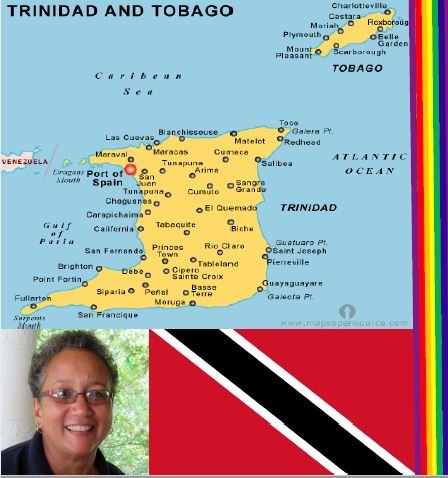The Caribbean Family History Group hosted a wonderful talk given by Ann Dardaine at our meeting on Saturday. It was informative, interesting and thoroughly enjoyed by all! Thank you Ann for a Saturday afternoon well spent!
Ann gave a potted history of Trinidad and Tobago as well as information about how to access records for Trinidad. Many people from neighbouring islands moved to Trinidad as part of an invitation to settle. In 1783, the proclamation of a Cedula ( A Community Tax Certificate) of Population by the Spanish Crown gave 32 acres of land to each Roman Catholic who settled in Trinidad. Following the end of slavery, many other nationalities also moved to the islands as Indentured Labour . Spanish and British rule as well as the oil industry brought about an influx of settlers from many different countries.
Obtaining records for our ancestors has been and still is a difficult procedure but there are processes, if long, in place now, which when followed can reap rewards. Spending two or three weeks on a genealogy hunt in Trinidad is not always possible, especially in these Covid times, so following the processes or using the skills of the professionals may be the way to go. We had a most interactive talk which took us back to Africa is some discussion.
See notes below for some highlights , (not in any order) of Ann’s talk
- There is an 1851 census available at the archives in Trinidad
- Searches should be submitted to the registrar for births/deaths/marriages following completion of appropriate form
- Copies of Port of Spain Gazette are available from 1821. Some of the obituaries from these newspapers are available on the Trinidad & Tobago Facebook site
- India Indentured records are available from 1845-1917 but year/ship/estate information needs to be provided
- ‘The Merikens’ Free Black American Settlers in Trinidad 1815/16 by John McNeish Weiss – lists names of people who settled – they settled together in Company villages at Moruga
- Land Tax Assessment records are available 1847/1851/1852
- Birth/death/marriage records from 1843 are housed at Registrar General. Name of mother is required
- Relevant Church for Baptism information can be contacted – name of baby will be on baptism record
- Wills are available form 1863, prior to this, they may be in family archives
- Marriages are listed by names of bride/groom
- Deaths – the district of death/or hospital district must be provided
- A number of other newspapers may be available at the archives – Mirror/Argos/Express
Thank you for attending on Saturday and welcome to our first time attendees and new members. Our next meeting will be on Saturday 26th June at 14.00hrs (BST) please check back here on the website for more information.
_________________________________________________________________________________________________________________________________________



